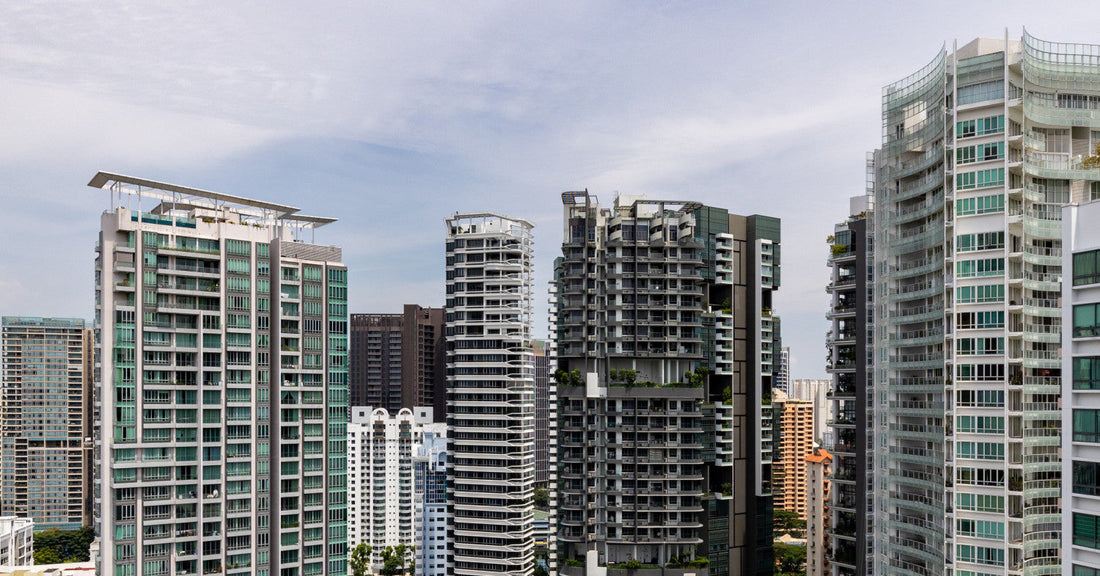The Singapore Land Authority (SLA) has announced an increase in Land Betterment Charge (LBC) rates for the period from March 1, 2025, to August 31, 2025. This change affects multiple property sectors, including landed residential, non-landed residential, commercial, hotel, industrial, and community institutions.
LBC is a tax levied on developers when they enhance the use of a property, such as through en bloc redevelopment or intensification of land use. These periodic rate adjustments influence development costs and can shape the broader property market.
Impact on Landed and Non-Landed Properties
The most notable increase in LBC rates was for places of worship and civic/community institutions, which rose by 6%, marking the first change for this category in over 10 years.
For landed residential properties, LBC rates increased by 2.9% on average, following an increase in landed transaction volumes in 2024. Higher LBC rates may moderate price increases in 2025 by discouraging aggressive redevelopment activity.
Meanwhile, non-landed residential properties saw a modest rise of just 0.3%. Only nine of the 118 geographical sectors experienced an increase between 3% to 4%, indicating that overall sentiment in the non-landed market remains cautious. This follows a previous 5.4% drop in non-landed LBC rates just six months ago.
Industry experts suggest that developer interest in non-landed projects remains muted due to cooling measures, high interest rates, and global economic uncertainties. Only two non-landed en bloc transactions have taken place since the last LBC revision, highlighting continued caution among investors.
Commercial and Industrial Property Sectors
Commercial properties saw a 0.6% rise in LBC rates, with prime areas like Orchard Road, Stamford Road, and River Valley facing the most significant increases (2% to 6%). This comes after major strata-commercial transactions in the City Hall and Bugis areas, suggesting that authorities are anticipating continued redevelopment demand.
For industrial properties, the LBC increase was marginal at just 0.1%, reflecting a relatively stable sector with limited speculation.
Key Takeaways and Market Outlook
The latest LBC adjustments indicate a measured approach by the government to moderate property price growth while maintaining investor confidence.
✅ Landed residential properties saw an LBC increase of 2.9%, reflecting higher demand but also an effort to moderate rapid price appreciation.
✅ Non-landed residential properties saw only a slight 0.3% rise in LBC, as cooling measures and high borrowing costs keep market activity subdued.
✅ Commercial LBC rates increased by 0.6%, with targeted hikes in areas seeing strong transaction activity.
✅ Industrial properties saw a minimal 0.1% increase, suggesting a relatively stable sector.
✅ Developers remain cautious due to high redevelopment costs and policy risks, limiting major en bloc activities.
What This Means for You
For homeowners considering redeveloping their landed properties, the LBC hike may mean higher costs and potentially lower profit margins if selling post-redevelopment. On the other hand, buyers of new landed homes might see slower price growth in 2025.
For condo buyers and investors, the muted LBC increase suggests stability in the non-landed market, with developers still cautious about taking on large projects.
If you’re looking to buy, sell, or invest in Singapore’s real estate market, understanding these shifting policies is crucial. Reach out today for a tailored consultation on how these changes impact your real estate plans!

